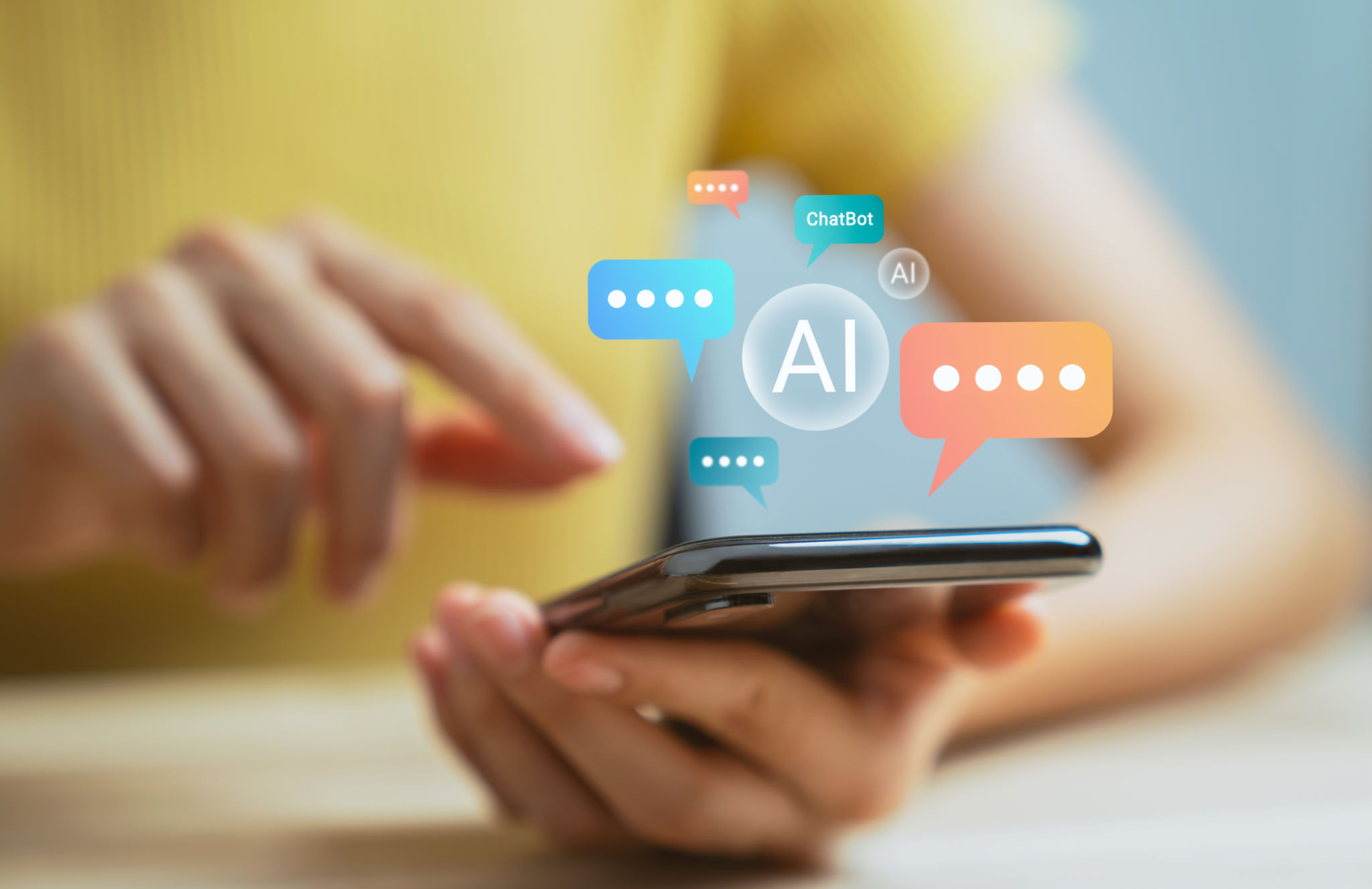AI Trends in Business Automation: What to Expect This Year
The Rise of AI in Business Automation
In the past few years, artificial intelligence (AI) has rapidly evolved, transforming various industries by automating complex processes and enhancing efficiency. As we move into this year, businesses are gearing up to embrace AI trends that promise to revolutionize operations even further. But what can we expect in terms of AI's role in business automation?
One of the most significant trends is the increasing use of AI-powered tools to streamline workflows. With AI's ability to learn and adapt, businesses can automate repetitive tasks, allowing human employees to focus on higher-value activities. This shift not only improves productivity but also enhances job satisfaction by eliminating mundane tasks.

Enhanced Data Analytics
Data is the backbone of modern business operations, and AI is taking data analytics to new heights. This year, we can expect AI systems to delve deeper into data analysis, providing businesses with more accurate insights and predictive analytics. By analyzing large datasets quickly and accurately, AI helps companies make informed decisions that drive growth and efficiency.
Moreover, AI's ability to identify patterns and trends from vast amounts of data allows businesses to anticipate market changes and adapt strategies accordingly. This proactive approach not only boosts competitiveness but also minimizes risks associated with sudden market shifts.
Natural Language Processing and Customer Interaction
Natural Language Processing (NLP) is another area where AI is making significant strides. Businesses are increasingly utilizing NLP to enhance customer interactions through chatbots and virtual assistants. These AI-driven tools offer personalized experiences by understanding and responding to customer queries in real-time.

This year, expect NLP applications to become even more sophisticated, offering seamless communication that mimics human interaction. By providing quick and accurate responses, businesses can improve customer satisfaction and loyalty, ultimately driving revenue growth.
Robotic Process Automation (RPA)
Robotic Process Automation (RPA) is another trend making waves in business automation. RPA uses AI to automate routine tasks across various departments, from finance to human resources. By minimizing human intervention in these processes, businesses reduce errors and increase efficiency.
This year, RPA is set to become more intelligent, integrating with AI to handle more complex tasks that require decision-making capabilities. This evolution will enable businesses to automate end-to-end processes, resulting in significant time and cost savings.

AI in Cybersecurity
As cyber threats become more sophisticated, businesses are turning to AI for enhanced cybersecurity measures. AI systems can detect anomalies and potential threats faster than traditional methods, providing real-time protection against cyberattacks.
This year, expect AI-driven cybersecurity solutions to become more advanced, leveraging machine learning to adapt to new threats as they emerge. By prioritizing security, businesses can safeguard sensitive information and maintain customer trust.
The Future of AI-Driven Business Automation
The future of business automation lies in the integration of AI across all levels of operations. As AI becomes more accessible and affordable, even small businesses will be able to harness its power to streamline processes and enhance productivity.
Incorporating AI into daily operations is no longer a luxury but a necessity for staying competitive in today's fast-paced market. By embracing these trends, businesses can unlock new opportunities for growth and innovation.